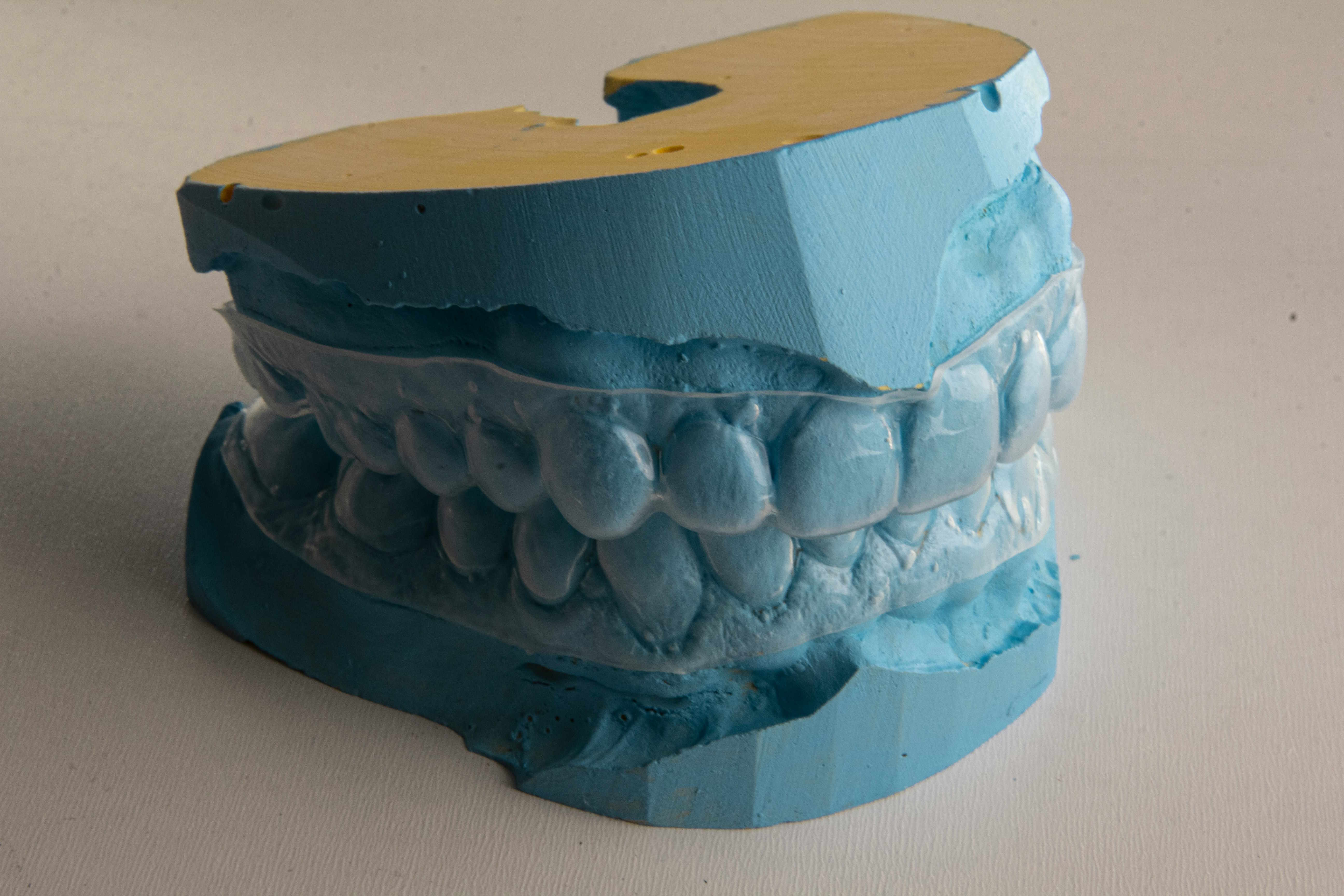A Confident Smile Could Start with Dental Implants
Missing teeth can significantly impact both oral health and self-confidence. Dental implants offer a permanent solution that looks, feels, and functions like natural teeth. Unlike removable dentures or bridges, implants provide stability by fusing with the jawbone, preventing bone loss while restoring full chewing function and aesthetic appearance. For many, this restoration brings back not just a complete smile, but renewed confidence in daily interactions.

Tooth loss affects millions of people worldwide, impacting everything from basic functions like eating and speaking to personal confidence in social situations. While traditional options like dentures and bridges have existed for decades, dental implants have revolutionized tooth replacement by offering a solution that most closely mimics natural teeth in both function and appearance. These titanium posts surgically placed in the jawbone serve as artificial tooth roots, providing a stable foundation for replacement teeth while simultaneously preserving bone structure and facial aesthetics.
How Dental Implants Work
Dental implants consist of three main components: the implant fixture, abutment, and prosthetic crown. The implant fixture is a small titanium post surgically inserted into the jawbone where the tooth root once was. Titanium’s biocompatible properties allow it to integrate with bone tissue through a process called osseointegration, which typically takes 3-6 months. Once integration is complete, an abutment is attached to the implant, serving as a connector between the implant and the visible crown. The final step involves placing a custom-made crown designed to match your natural teeth in color, shape, and size.
The surgical procedure is typically performed under local anesthesia in an outpatient setting. Advanced imaging techniques like CT scans help dentists precisely plan implant placement, ensuring optimal positioning and avoiding vital structures like nerves and sinuses. For patients with insufficient bone volume, bone grafting procedures may be necessary before implant placement to ensure adequate support.
Why People Consider Implants
People pursue dental implants for numerous reasons beyond simple tooth replacement. One primary motivation is the preservation of jawbone integrity. When teeth are missing, the jawbone begins to deteriorate due to lack of stimulation previously provided by natural tooth roots. Implants are the only tooth replacement option that stimulates bone growth, preventing the sunken facial appearance that often accompanies long-term tooth loss.
Functionality represents another crucial consideration. Unlike removable dentures that may slip or cause discomfort while eating or speaking, implants remain securely in place. This stability allows patients to enjoy their favorite foods without restriction and speak with complete confidence. Additionally, implants don’t require altering adjacent healthy teeth, as traditional bridges do, preserving more of the natural dentition.
Many patients also appreciate the convenience implants offer. They eliminate the need for adhesives or special cleaning solutions required by removable appliances, and they’re cared for just like natural teeth with regular brushing, flossing, and dental check-ups.
Cost and Factors to Consider
Dental implant treatment represents a significant investment in oral health with costs varying widely based on several factors. A single implant typically ranges from $3,000 to $6,000, including the implant, abutment, and crown. Full-mouth restorations using implant-supported dentures or bridges can range from $20,000 to $50,000 per arch.
Several factors influence the final cost, including:
- Geographic location (urban centers typically charge more)
- Dentist’s experience and specialization
- Number of implants needed
- Need for preliminary procedures (extractions, bone grafts, sinus lifts)
- Type of restoration (single crown vs. multi-tooth bridge or denture)
- Materials used for the final restoration
| Provider Type | Average Single Implant Cost | Full-Mouth Restoration Range |
|---|---|---|
| Periodontist/Oral Surgeon | $3,000-$4,500 | $24,000-$50,000 |
| Prosthodontist | $3,500-$6,000 | $30,000-$45,000 |
| General Dentist | $2,500-$5,000 | $20,000-$40,000 |
| Dental Schools | $1,500-$2,500 | $15,000-$25,000 |
Prices, rates, or cost estimates mentioned in this article are based on the latest available information but may change over time. Independent research is advised before making financial decisions.
Dental insurance coverage for implants has improved in recent years, though many plans still classify them as cosmetic procedures with limited benefits. Some practices offer financing options or payment plans to make treatment more accessible. While the upfront cost exceeds that of traditional bridges or dentures, implants’ longevity—potentially lasting a lifetime with proper care—often makes them more cost-effective long-term.
Aftercare and Maintenance
Successful long-term outcomes with dental implants depend significantly on proper aftercare and maintenance. Immediately following surgery, patients should follow specific post-operative instructions, including taking prescribed medications, applying ice to reduce swelling, and consuming soft foods while healing progresses. During the osseointegration period, avoiding tobacco products is crucial as smoking significantly increases implant failure rates.
Once fully healed, implants require diligent oral hygiene practices similar to natural teeth. This includes:
- Brushing twice daily with a soft-bristled toothbrush
- Daily flossing, potentially using specialized floss threaders or water flossers around implant areas
- Regular professional cleanings every 3-6 months
- Using antimicrobial mouth rinses if recommended by your dentist
Special attention should be paid to cleaning around the implant crown and gum line, as peri-implantitis (inflammation around implants) represents the most common cause of implant failure after successful integration. Specialized cleaning tools like interdental brushes may be recommended to access difficult areas around implants.
How Dental Implants Help Restore Confidence and Comfort
The psychological impact of tooth loss often extends beyond physical discomfort. Many patients report feeling self-conscious about smiling, speaking, or eating in public settings. Dental implants address these concerns by providing a permanent solution that looks and functions like natural teeth, allowing patients to engage confidently in social situations without worry about appearance or functional limitations.
The stability of implants eliminates common denture concerns like slippage during conversation or difficulty pronouncing certain words. This reliability translates directly to improved self-esteem, with many patients reporting significant quality of life improvements following implant treatment. Research studies consistently demonstrate higher satisfaction rates among implant recipients compared to those with removable prosthetics.
Beyond psychological benefits, implants provide physical comfort advantages. Without plastic covering the roof of the mouth (as with full dentures), patients experience enhanced taste sensation and temperature perception while eating. The direct transfer of chewing forces to the jawbone through implants also provides a more natural eating experience compared to other tooth replacement options.
Dental implants represent a significant advancement in restorative dentistry, offering a solution that addresses both functional needs and aesthetic concerns. While the investment is substantial, the potential lifetime value and quality of life improvements make them worth consideration for anyone facing tooth loss. Consulting with qualified dental professionals can help determine if implants are the right choice for your specific situation, taking into account medical history, bone quality, and personal goals for tooth replacement.
This article is for informational purposes only and should not be considered medical advice. Please consult a qualified healthcare professional for personalized guidance and treatment.




